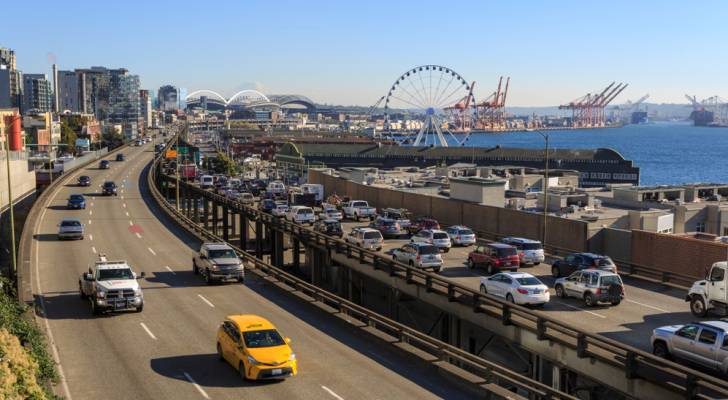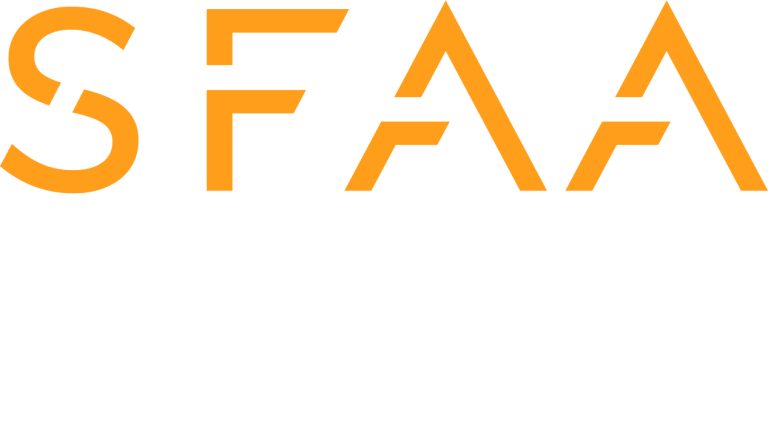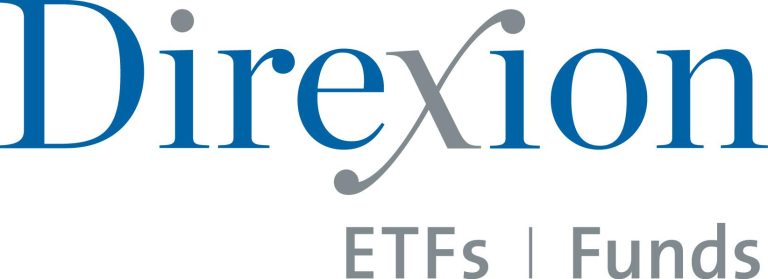
For more than 100 years, roads and bridges in Washington state have been paid for with gas taxes. But thanks to more fuel-efficient and electric cars, the tax revenue is declining, says House Transportation Committee Chair Rep. Jake Fey.
In a press release, he noted that gas tax revenue funds more than a third of the state’s transportation budget ($1.3 billion annually), and without action gas tax revenue will decline by over 70% by 2050, leaving roads significantly underfunded.
Fey’s new proposal is to charge car owners an annual fee based on the mileage of their vehicles. This alongwith a nine-cent increase to the state gas tax is part of the House $15.2 billion transportation budget proposal.
“It’s easy to collect," Fey said to King 5. "It’s easy to get the information on miles per gallon."
The proposed fee would not apply to cars that get less than 25 miles per gallon — meaning vehicles that use more gas will not be charged the fee, since they already pay more in gas taxes.
What could this mean for Washington drivers?
Fey’s proposed per-mile fee would only apply to cars with more efficient engines — not plug-in hybrids or electric cars, which pay an annual registration fee. Traditional hybrids would no longer have to pay the $75 hybrid registration fee. Instead, they would be subject to the new Highway Use Fee.
For example, a car that gets 26 miles per gallon would be charged about $7 per year in fees. A vehicle with 50 miles per gallon efficiency would pay $94 annually, according to KING 5.
“This is going to start in addition to the gas tax, which is also going to be raised, so there are some concerns there,” said Rep. Andrew Barkis, the top-ranking Republican on the House Transportation Committee, to King 5. “But if this is a model that over time can morph into a road usage charge that replaces the gas tax, this is a good model.”
Despite his support, Barkis ultimately voted against the transportation budget proposal, saying he’d prefer to see the state use sales tax from car purchases or the Climate Commitment Act to pay for road repairs.
The Washington House and Senate must now negotiate and reconcile their transportation budgets to reach a final agreement before the end of the legislative session on April 27.
While the proposed Highway Use Fee might not break the bank, it comes at a time when many Washington residents are already feeling the pinch of rising car-related costs.
Washington already has one of the highest gas taxes in the country at 49.4 cents per gallon and this may go higher. Auto insurance rates are climbing across the country, and drivers are also paying more for repairs, parts, and vehicle registrations. When viewed together, these incremental increases can put additional strain on household budgets.
This article provides information only and should not be construed as advice. It is provided without warranty of any kind.


